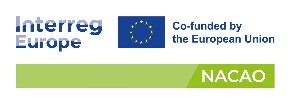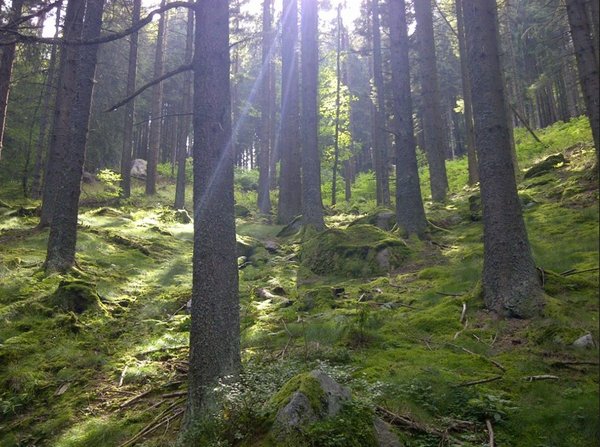
Developing regional policies for nature-based carbon offsetting solutions
In order to limit the rise in temperature to 1.5°C above pre-industrial levels, the Paris Agreement states that we must achieve carbon neutrality, i.e. a balance between greenhouse gas emissions and absorptions (carbon sinks).
A mechanism increasingly used by companies, local authorities and private individuals wishing to contribute, carbon offsetting consists of trying to offset one's own CO2 emissions by financing projects to reduce other emissions in areas as diverse as renewable energies, forests and land use, waste, domestic equipment and energy efficiency.
At European level, regulations are currently being drawn up to define the spectrum of carbon offsetting.
The Nacao project's goal is to develop regional policies for nature-based carbon offsetting solutions: green carbon sinks (forests, agriculture) and blue carbon sinks (aquatic areas), in each of the partner regions.

A contribution to the Regional Decarbonization Strategy
In Auvergne-Rhône-Alpes, the policies concerned are the ERDF fund and the Regional Decarbonation Strategy.
A working group involving associations, local authorities and regional nature parks is currently being set up to gain a better understanding of the obstacles and levers to carbon offsetting.
This group will benefit directly from feedback received on a European scale, and will take part in a pilot experimentation of the project around the implementation of a new methodology, the realization of a regulatory study or the constitution of a cooperative.
Project benefits for partners: more knowledge, more projects
The project brings together 5 European regions: Andalusia (Spain), Marche (Italy), Holy Cross (Poland), Auvergne-Rhône-Alpes (France) and Central Finland (Finland).
The collaboration between the partners and the work carried out within the project will bring two major benefits:
Improving knowledge of nature-based carbon offset solutions and sharing carbon offset solutions with local stakeholders to optimize current projects and launch new ones.
Meetings between European partners are organized every six months to exchange best practices and meet carbon offsetting players.
[Updated : June 2023]


Imprimer